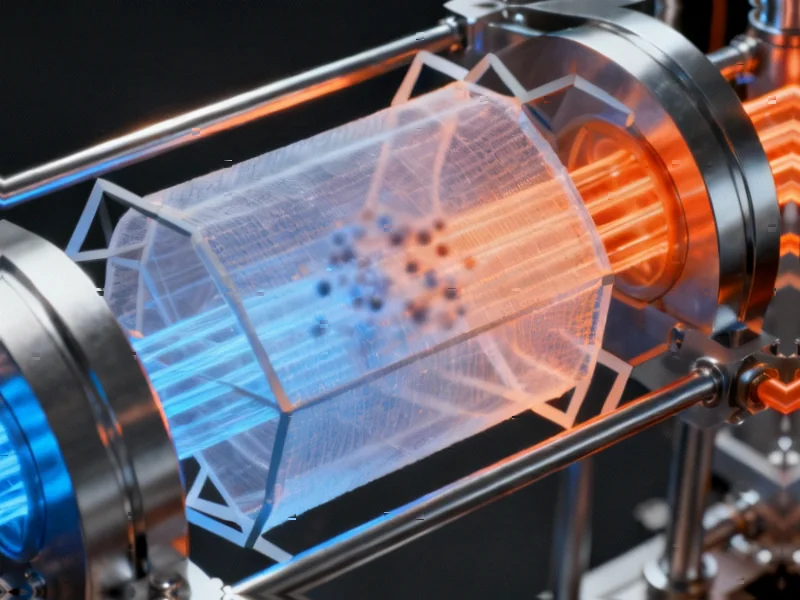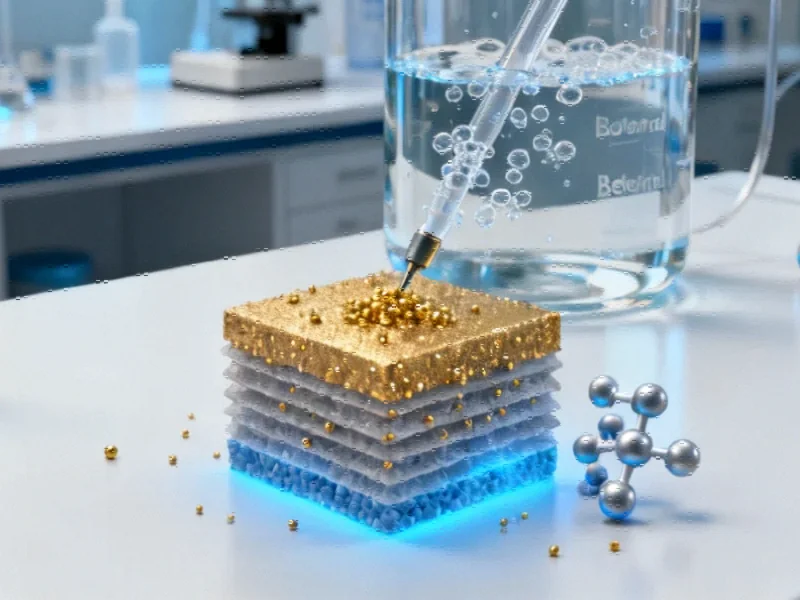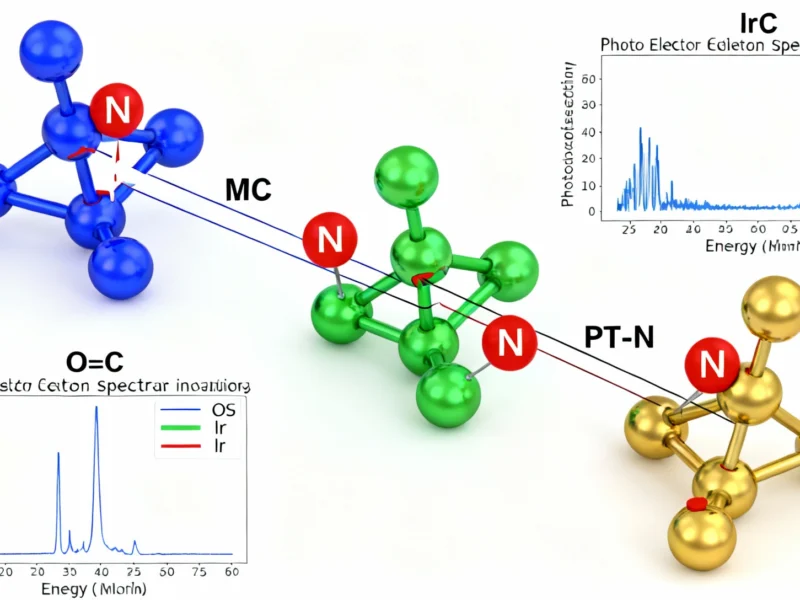Scientists Engineer Programmable Enzyme Systems Through Multiscale Confinement Strategies
Researchers are harnessing nature’s blueprint for enzyme efficiency through innovative multiscale confinement strategies. These approaches enable programmable biocatalysis that could transform sustainable chemical manufacturing and organic synthesis.
Nature-Inspired Breakthrough in Biocatalyst Engineering
Scientists are revolutionizing enzyme catalysis by implementing multiscale confinement strategies that mimic nature’s highly efficient cellular environments, according to a recent review published in Nature Synthesis. The report states that this innovative approach enables programmable biocatalysis with enhanced performance, stability, and specificity that could transform sustainable chemical manufacturing.



